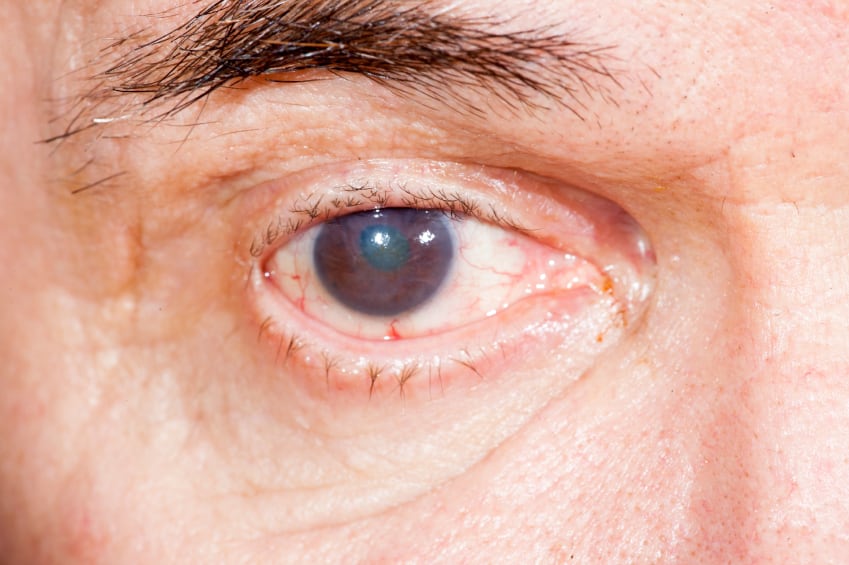Prior studies have suggested that dietary vitamins and carotenoids might be associated with a reduced risk of age-related cataract (ARC) but Hong Jiang and colleagues, from Xi'an Jiaotong University Health Science Center in China, realised that a quantitative summary of these associations was lacking.
Therefore the researchers conducted a meta-analysis of eight randomised controlled trials (RCTs) and 12 cohort studies published through June 2018 to assess dietary vitamin and carotenoid intake and ARC risk.
The analysis, published in The American Journal of Clinical Nutrition, found that most vitamins and carotenoids were significantly associated with a reduced risk for ARC in the cohort studies, including vitamin A (relative risk [RR], 0.81), vitamin C (RR, 0.8), vitamin E (RR, 0.9), β-carotene (RR, 0.9), and lutein or zeaxanthin (RR, 0.81).
In RCTs, compared with placebo, vitamin E or β-carotene did not significantly reduce the risk for ARC. In cohort studies, the risk for ARC significantly decreased by 26 percent for every 10-mg/d increase in lutein or zeaxanthin intake, as well as by 18 percent for each 500-mg/d increase in vitamin C intake, by 8 percent for each 5-mg/d increase in β-carotene intake, and by 6 percent for every 5-mg/d increase in vitamin A intake.
"If we could delay the onset of ARC by 10 years, it could halve the number of people requiring surgery," a co-author said in a statement.
Vision vitamins
Research into the influence of different vitamins and carotenoids on the development of cataracts has been wide ranging with vastly varying results.
In a 2012 study, Lutein and zeaxanthin were linked with cataract development. Researchers said these carotenoids could protect the lens of the eye from oxidative stress and reduce the risk of cataracts. The protective effects of these carotenoids were reported to be similar to those of vitamin E.
In a 2010 study which documented 2497 cataract extraction cases over 8.2 years, vitamin C was linked with an increased cataract risk.
Results of the Swedish observational study suggested that middle-aged and elderly women using vitamin C supplements may be at increased risk of age-related cataracts.
The study, published in the American Journal of Clinical Nutrition, admitted it did not prove causality but stated that it found that vitamin C users were 38 per cent more likely to get cataracts than non-users, according to findings .
However, in 2016, a British study revealed that increasing vitamin C intake may have a protective effect against the progression of cataracts.
Source: The American Journal of Clinical Nutrition
"Dietary vitamin and carotenoid intake and risk of age-related cataract"
Authors: Jiang. H., et al

